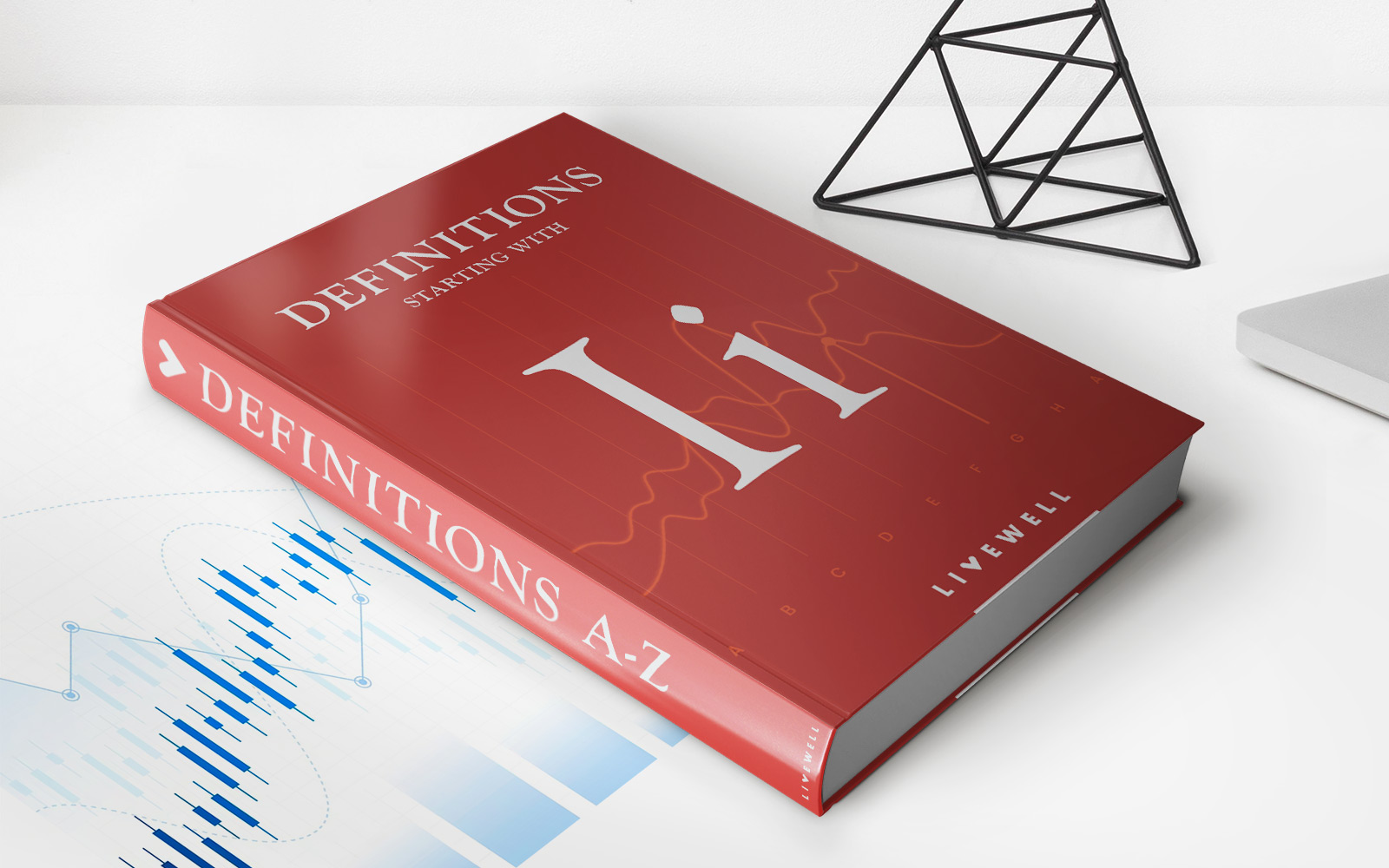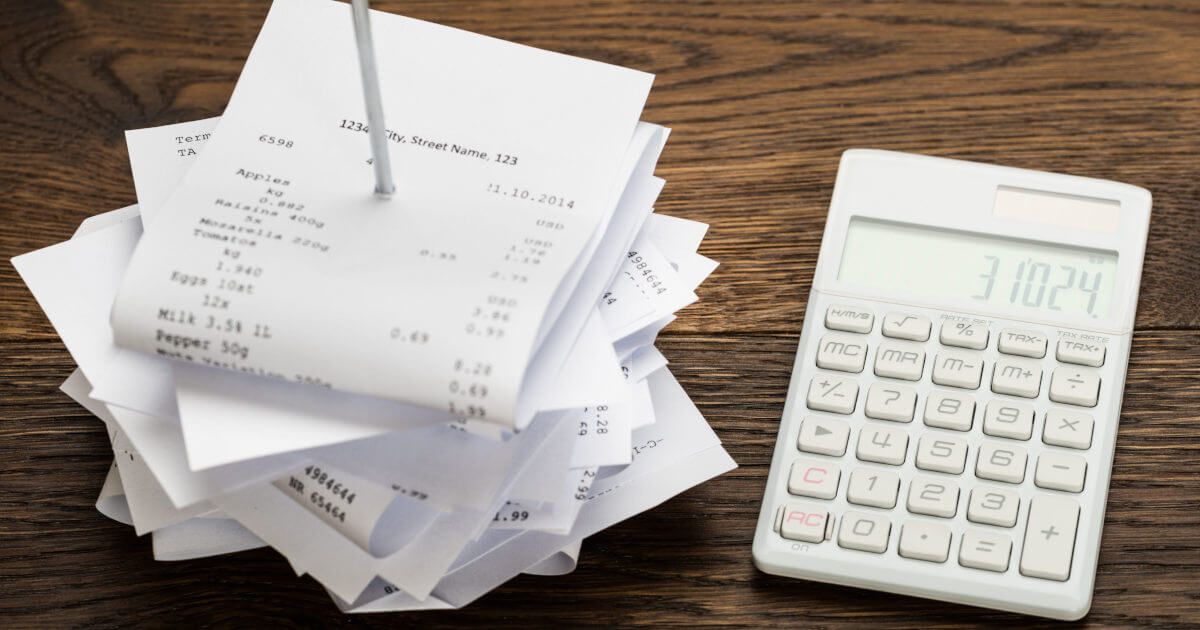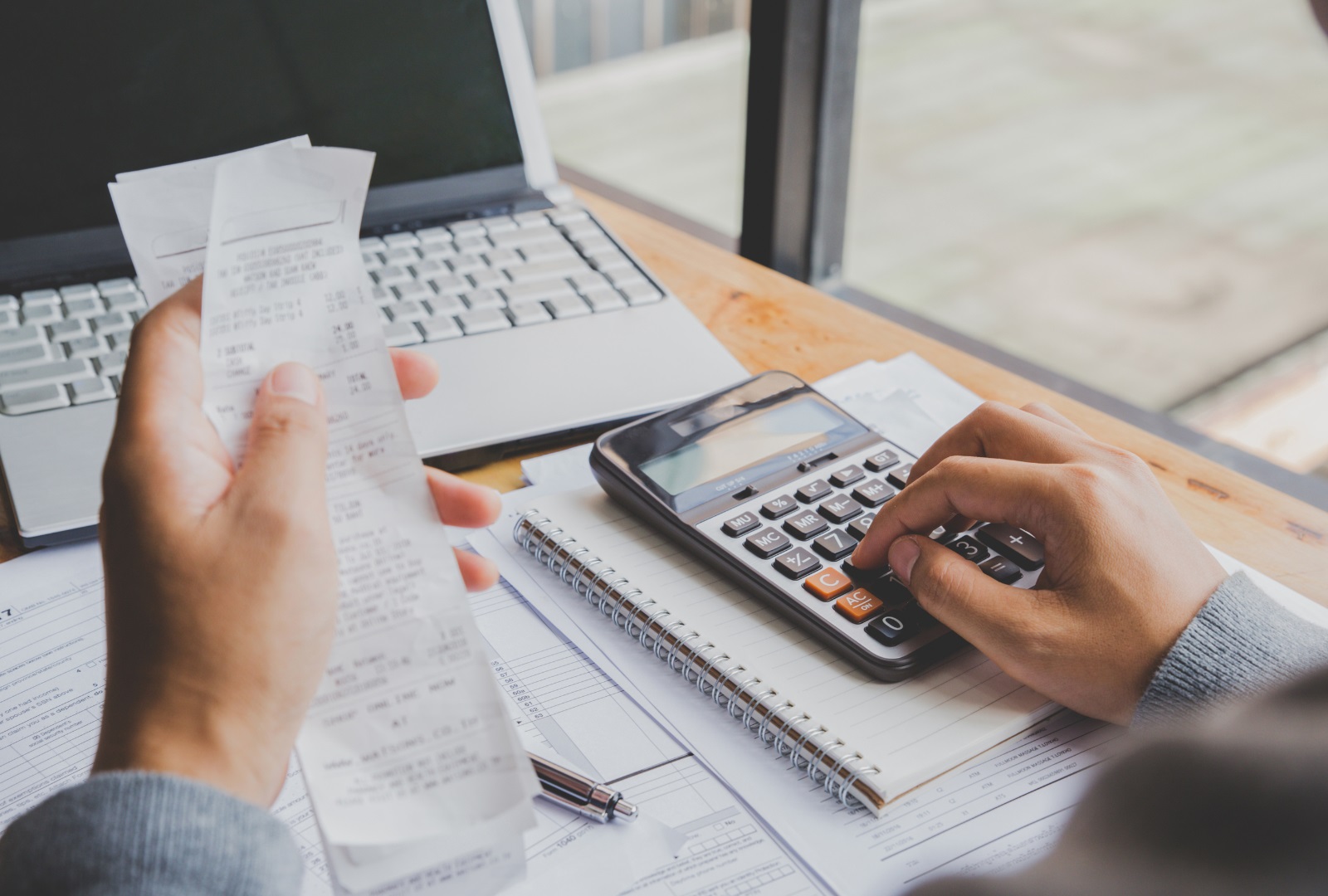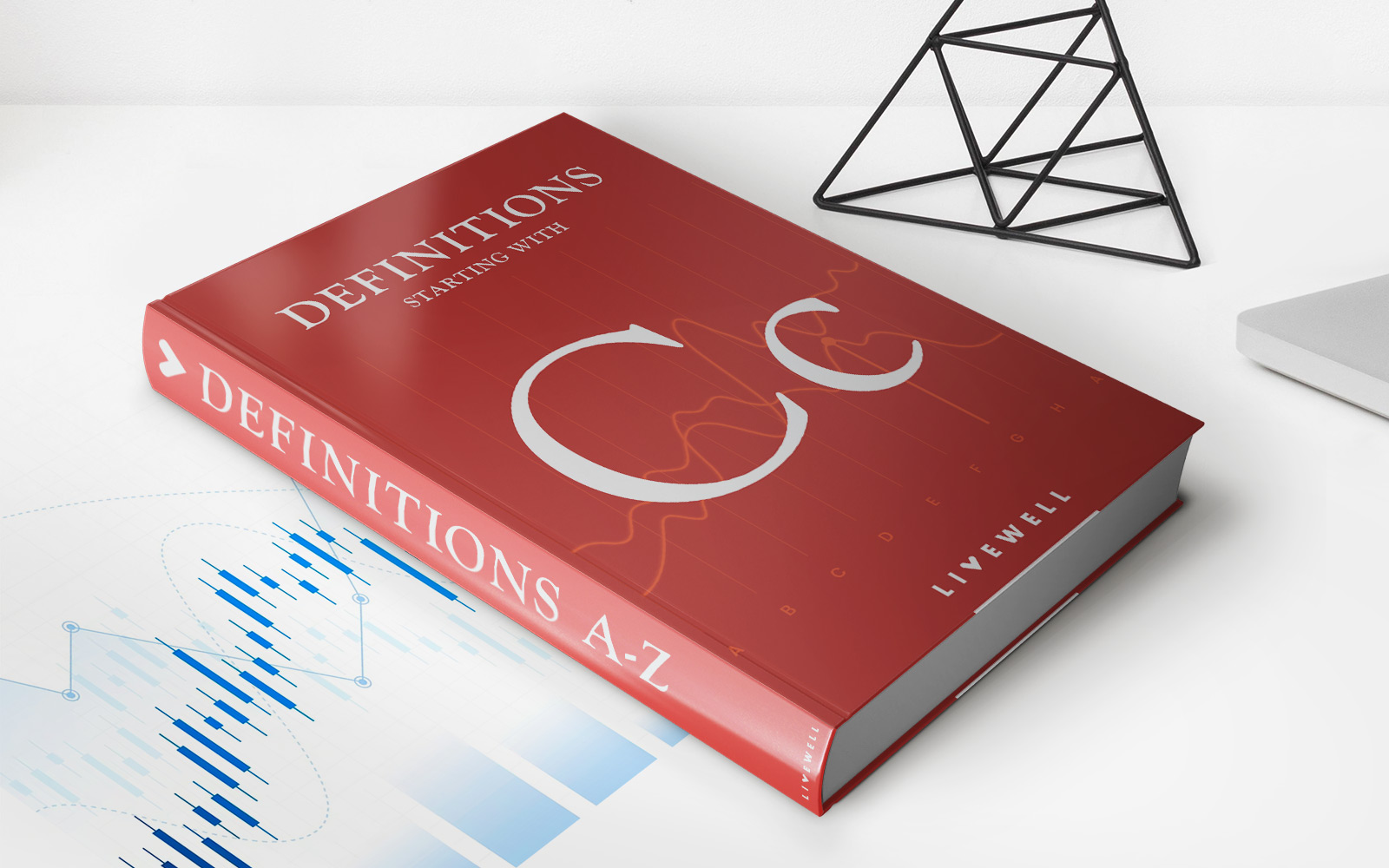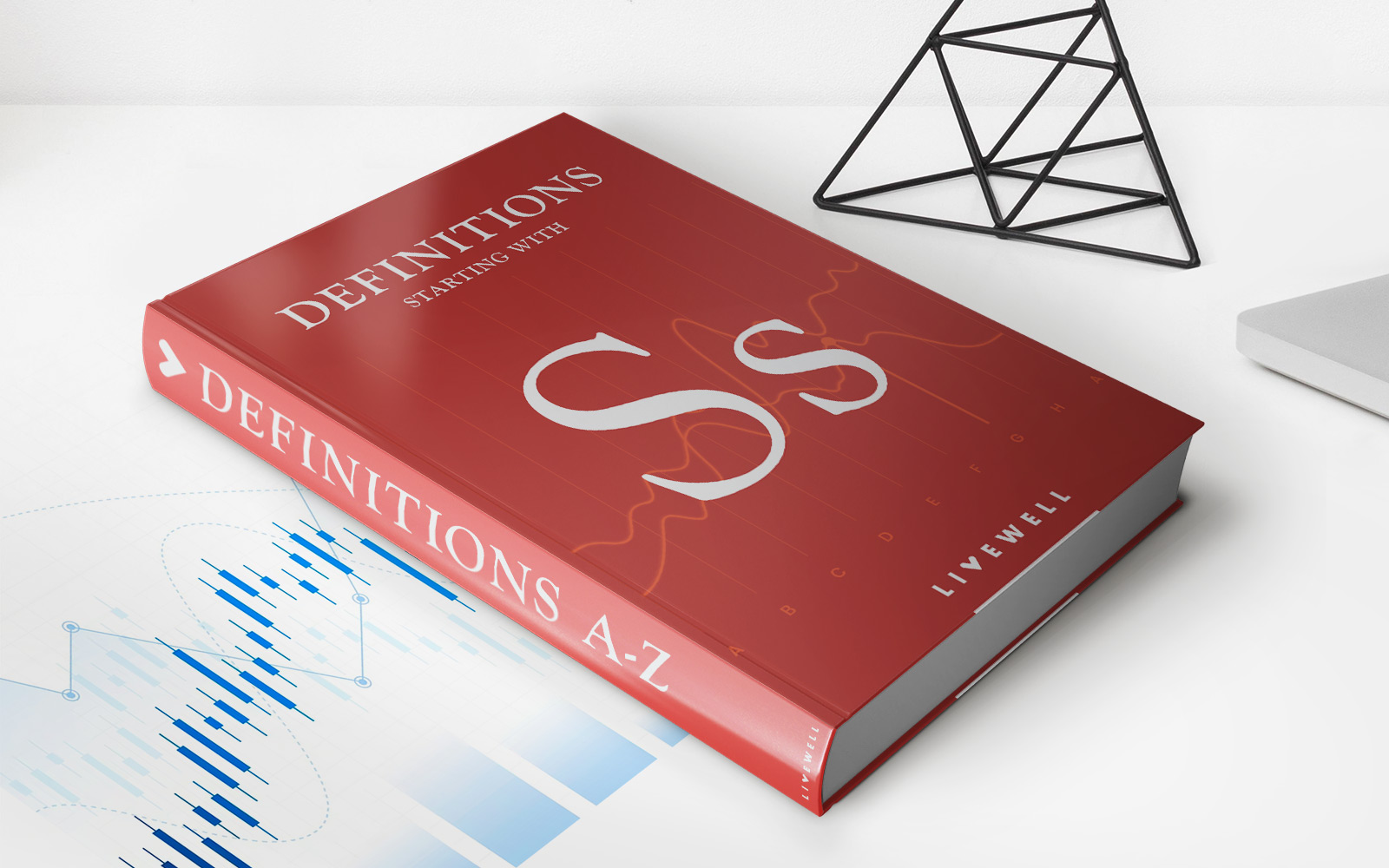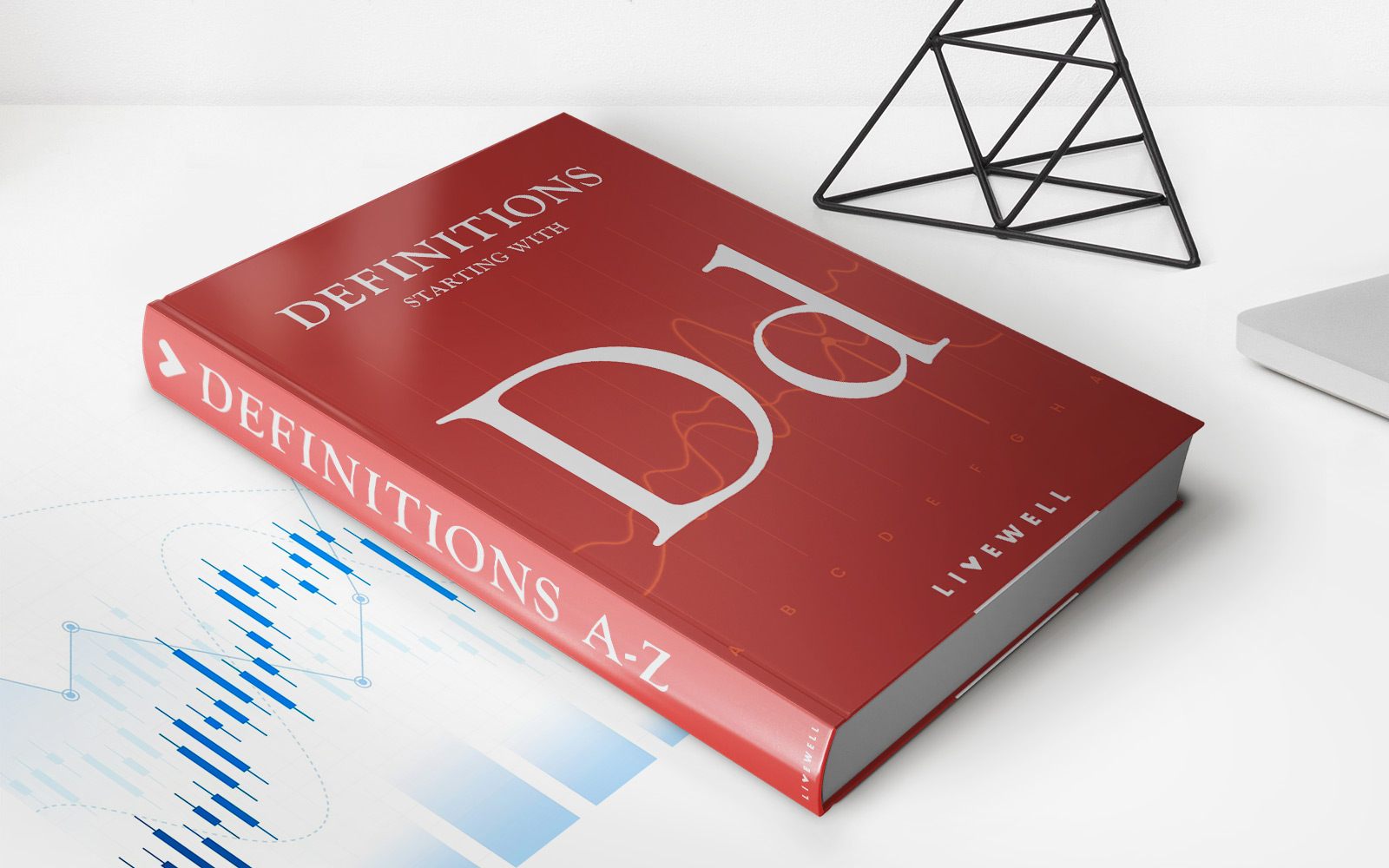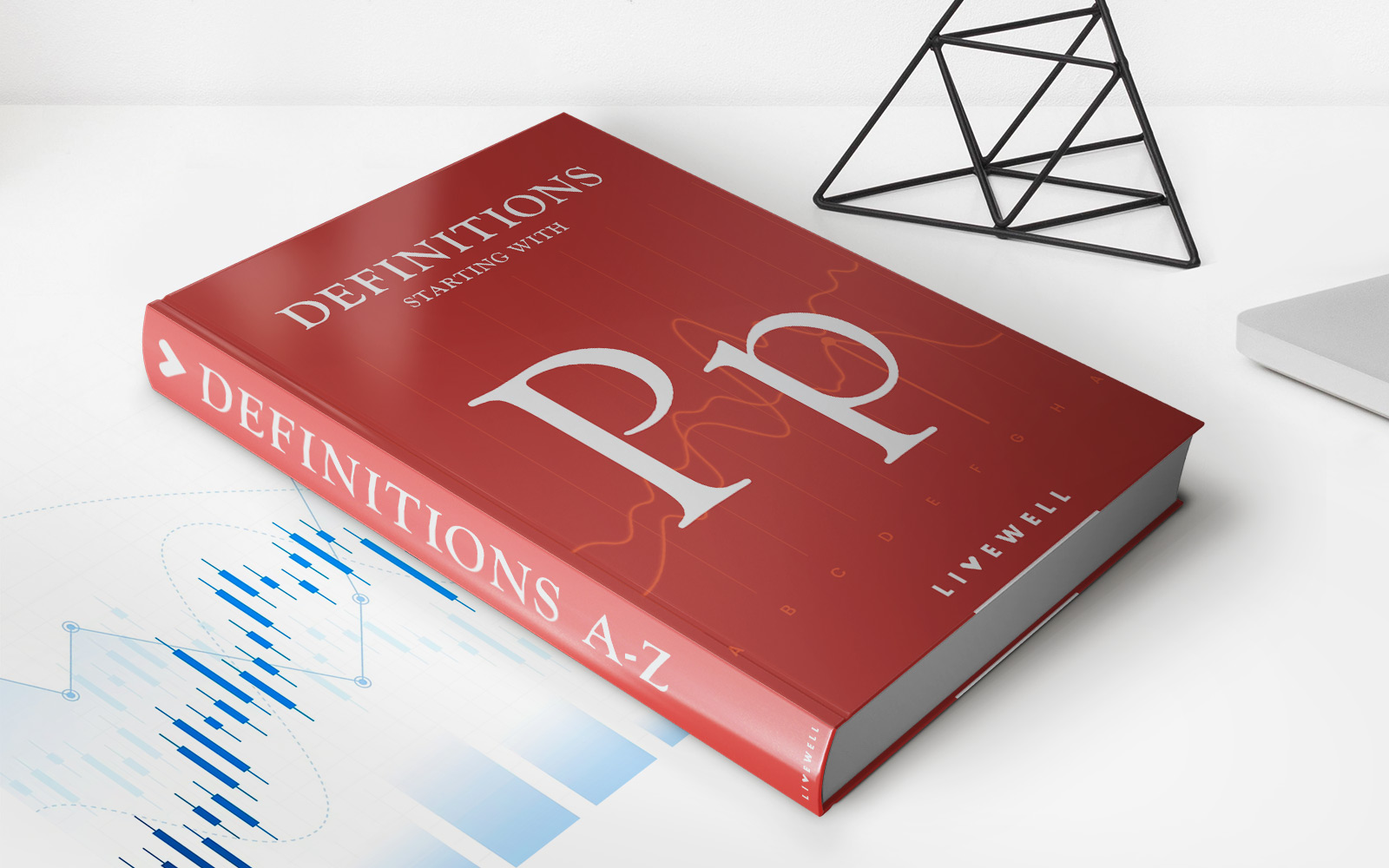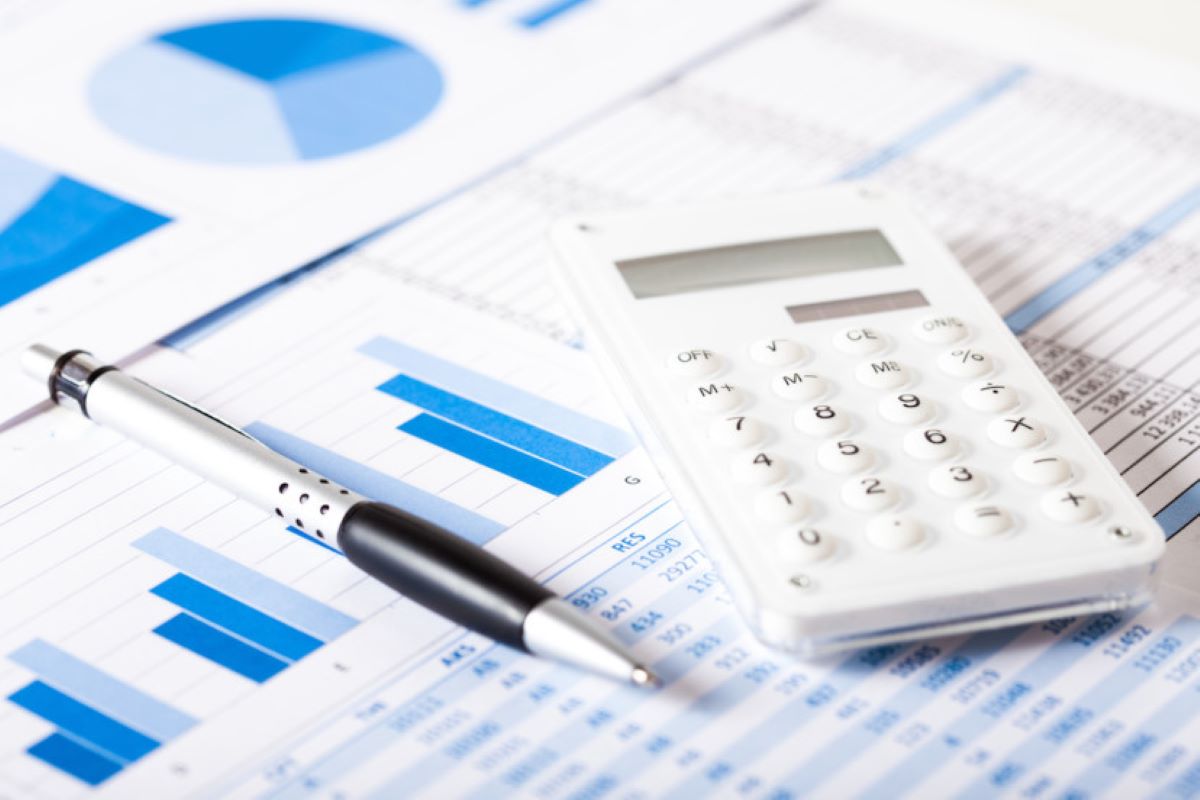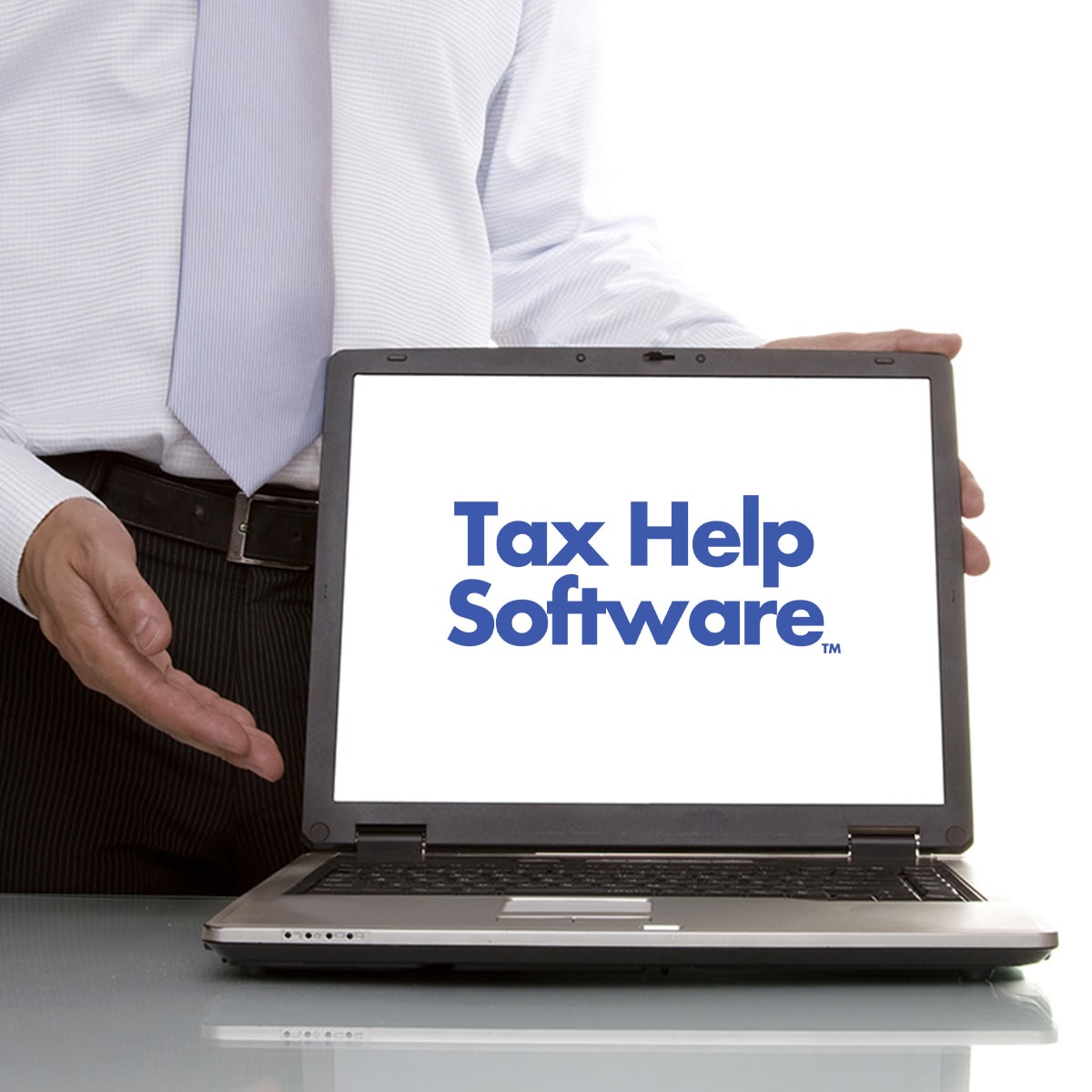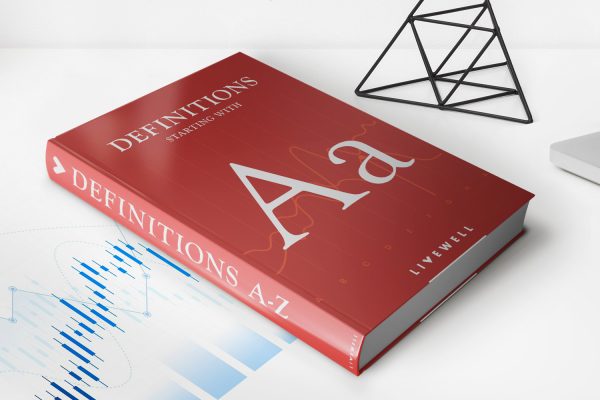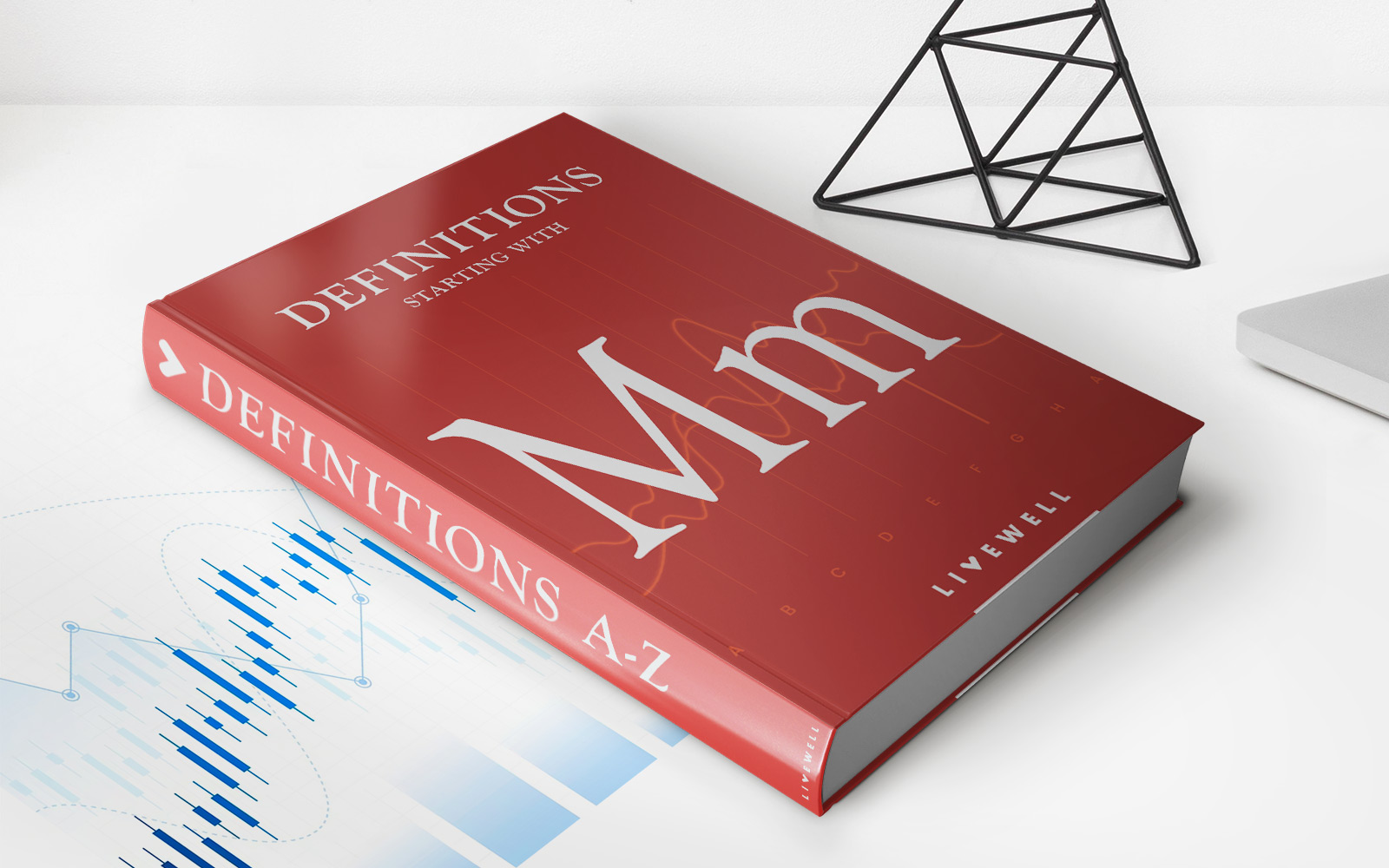Home>Finance>What Is A Cash Account? Definition And What It’s Used For
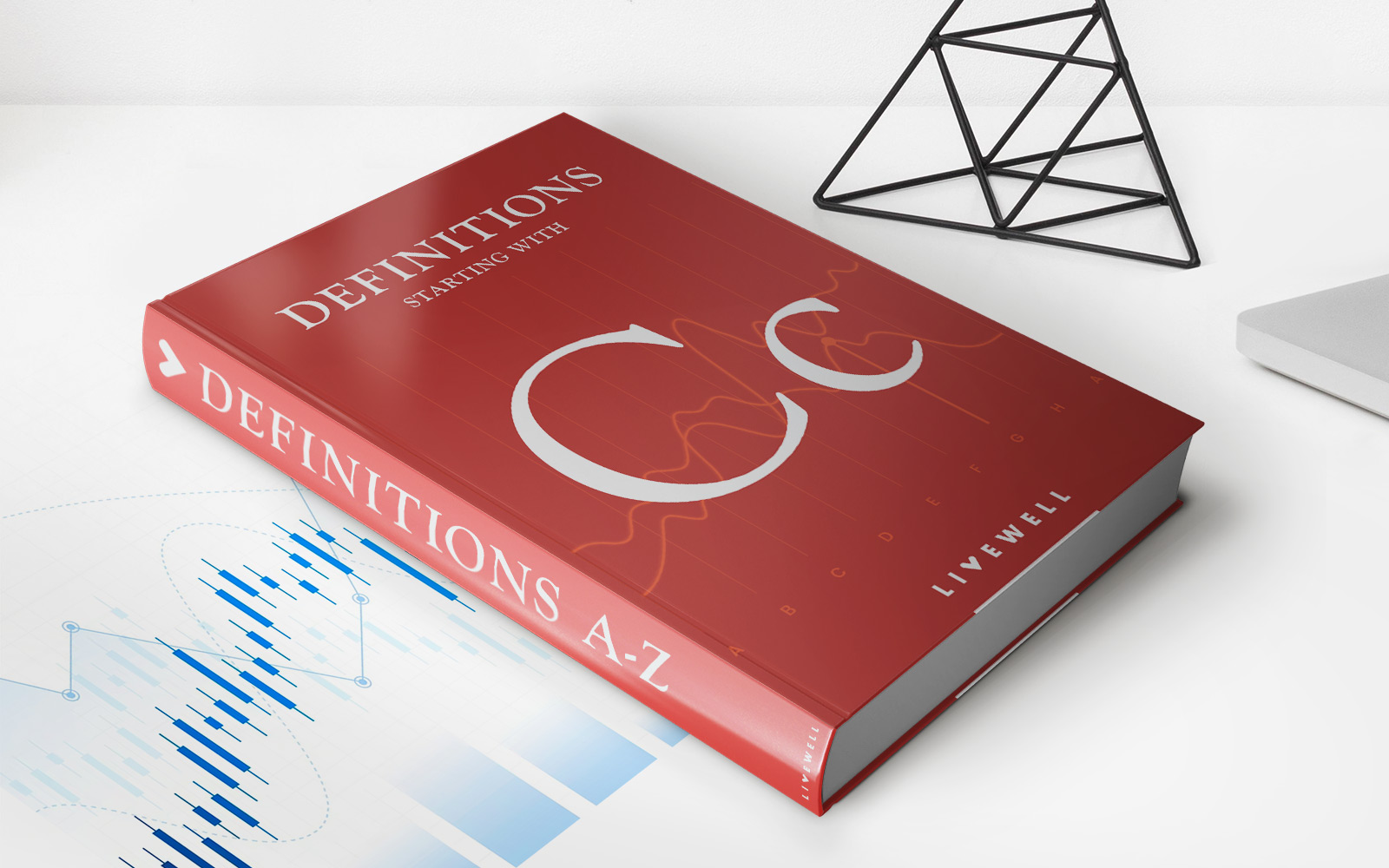

Finance
What Is A Cash Account? Definition And What It’s Used For
Published: October 24, 2023
Learn the definition of a cash account in finance and discover its various uses. Gain insights into managing your money effectively.
(Many of the links in this article redirect to a specific reviewed product. Your purchase of these products through affiliate links helps to generate commission for LiveWell, at no extra cost. Learn more)
What Is a Cash Account? Definition and What It’s Used For
Welcome to our Finance category! In this blog post, we are going to delve into the world of cash accounts, providing you with a thorough understanding of what they are and how they can be used. Whether you’re a seasoned investor or just starting out, understanding cash accounts is essential for managing your finances effectively.
Key Takeaways:
- A cash account is a type of financial account that holds funds in the form of cash or cash equivalents.
- It is a straightforward and relatively low-risk option, commonly used for everyday banking transactions and as a foundation for investing.
What is a cash account?
A cash account, in simple terms, is a financial account that holds funds in the form of cash or cash equivalents. Unlike margin accounts, cash accounts do not involve borrowing money or leveraging investments. Instead, they rely solely on the cash available in the account to make transactions.
When you open a cash account, you deposit money into the account, and those funds are considered “settled.” This means that the money is available for withdrawal or for purchasing investments immediately. It’s important to note that cash accounts cannot be used for short-selling or trading on margin.
While cash accounts may seem more limited compared to margin accounts, they offer several advantages, especially for individuals who prefer a conservative approach to investing or day-to-day financial transactions.
What is a cash account used for?
Cash accounts serve multiple purposes in personal finance and investing. Here are a few common uses:
- Budget Management: Cash accounts are ideal for budgeting purposes. With a predetermined amount of money in your cash account, you can easily track your expenses and ensure you’re staying within your budget.
- Everyday Banking Transactions: Cash accounts are commonly used to fulfill routine banking needs, such as depositing paychecks, withdrawing cash, and making purchases using a debit card.
- Foundation for Investing: Cash accounts often serve as the foundation for investing. By having a cash balance, you can strategically allocate funds to different investment options, such as stocks, bonds, or mutual funds.
- Saving for Short-Term Goals: For individuals saving for short-term goals like a vacation or a down payment on a house, a cash account offers easy access to funds while earning a small amount of interest.
Cash accounts provide a sense of security, as they are not subject to the potential ups and downs of the stock market. They offer stability and allow individuals to maintain a disciplined approach to their finances and investments.
In conclusion
Now that you have a better understanding of cash accounts, you can make informed decisions about how to best manage your finances. Remember, cash accounts are versatile tools that can be used for day-to-day banking, budgeting, and as a foundation for investing. They provide stability and peace of mind for those who prefer a more conservative approach to their financial planning.
We hope this article has been enlightening, and we encourage you to explore more of our finance-related content to further your financial knowledge. Stay tuned for future posts!

